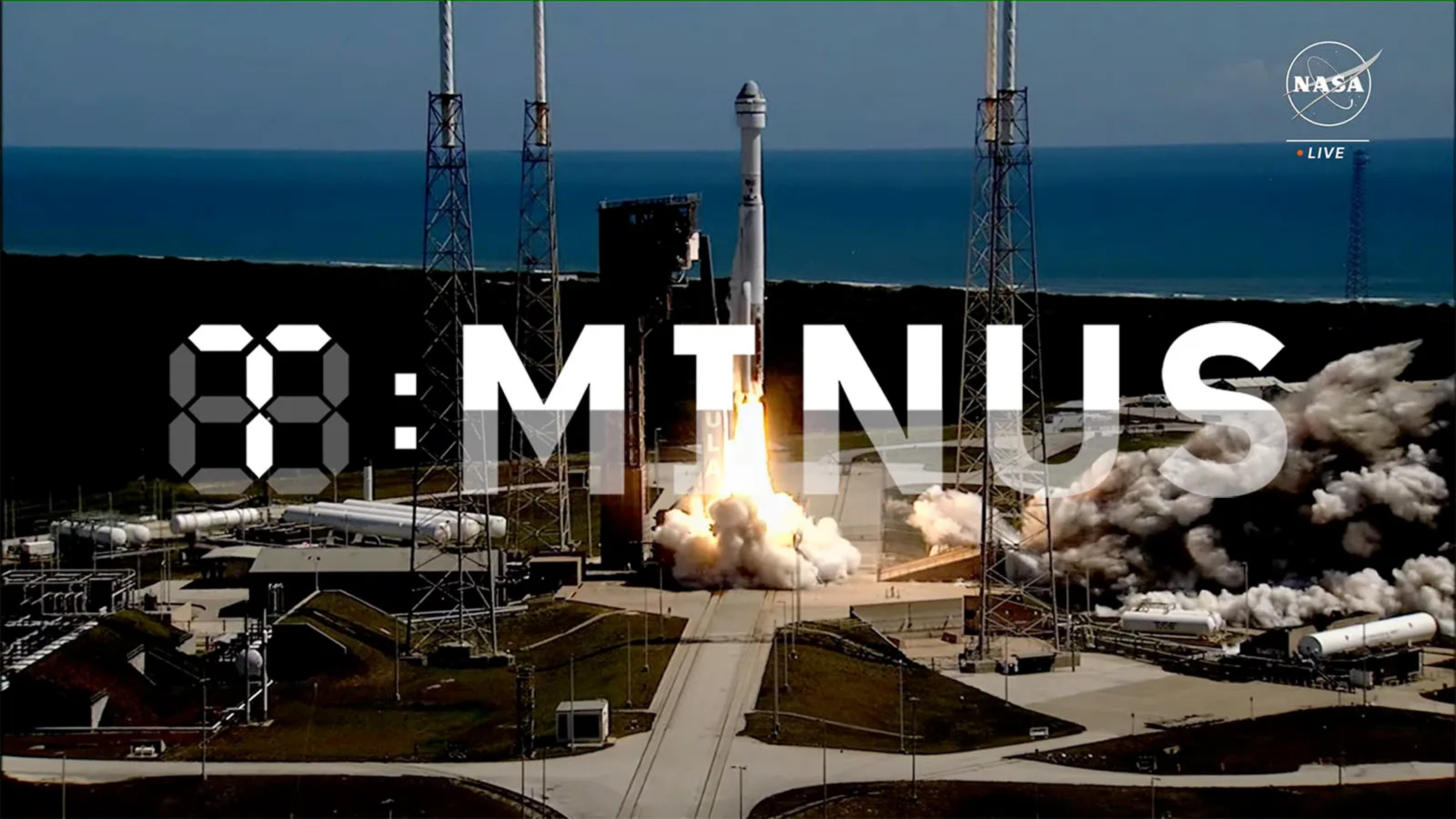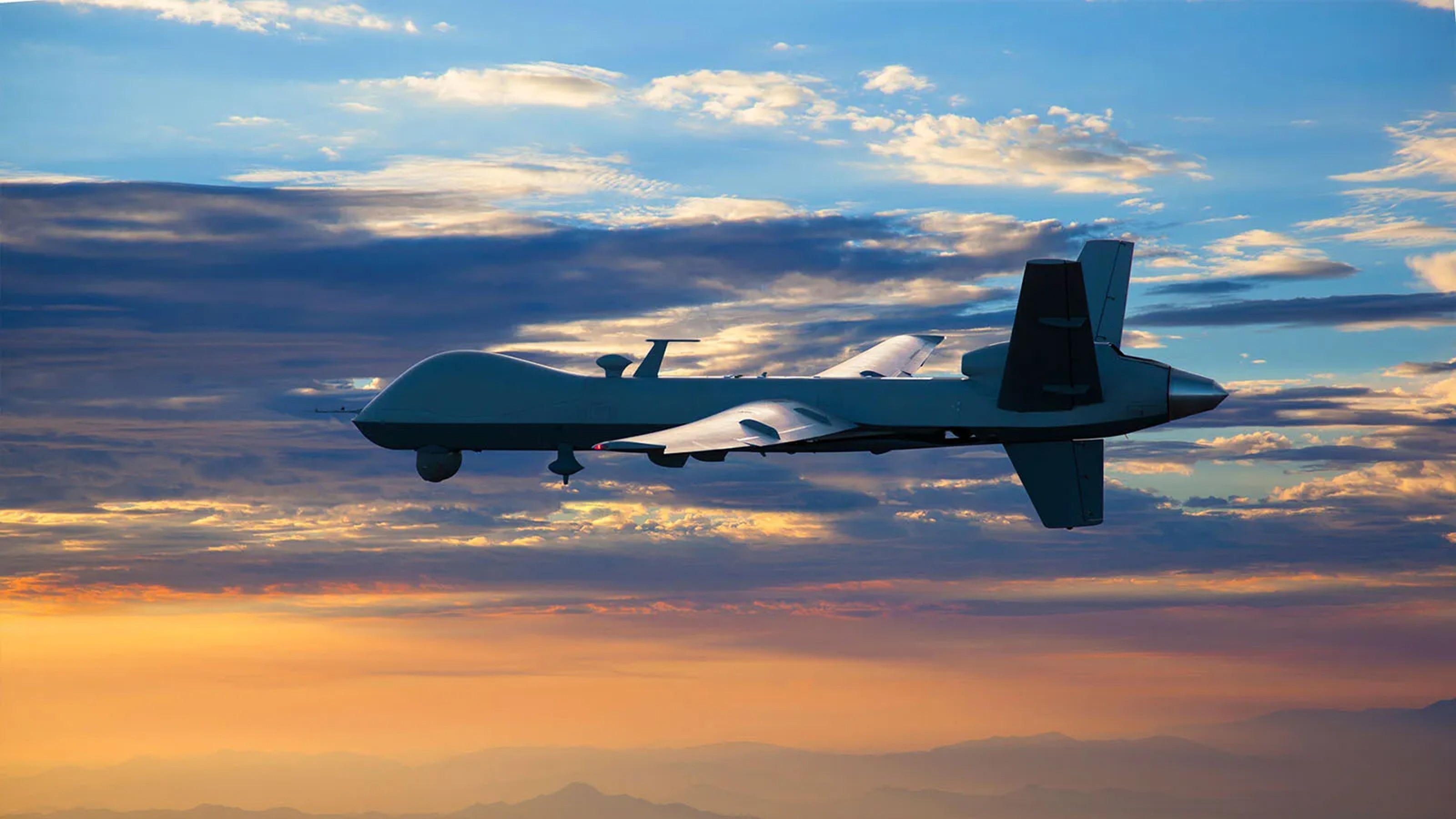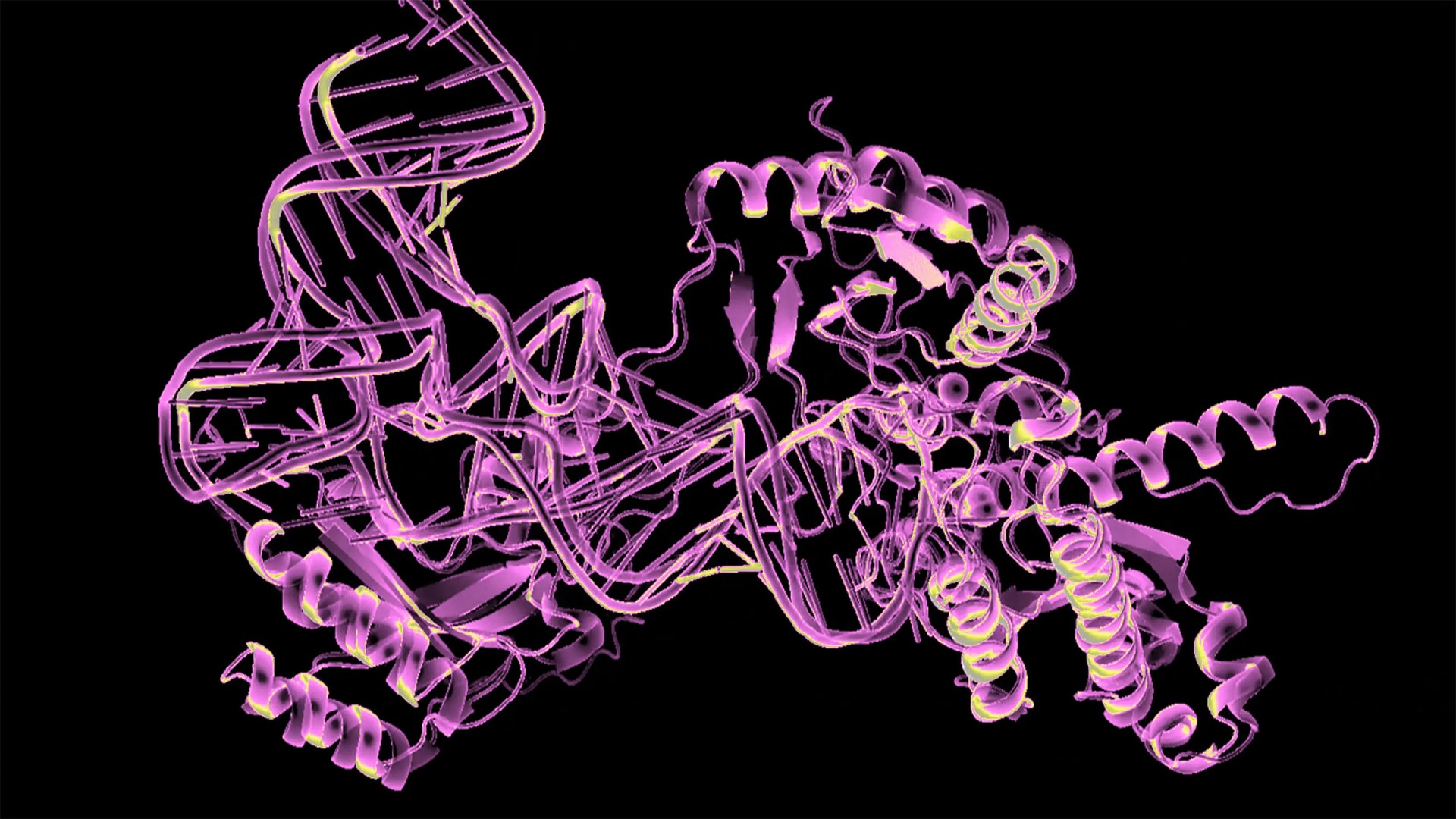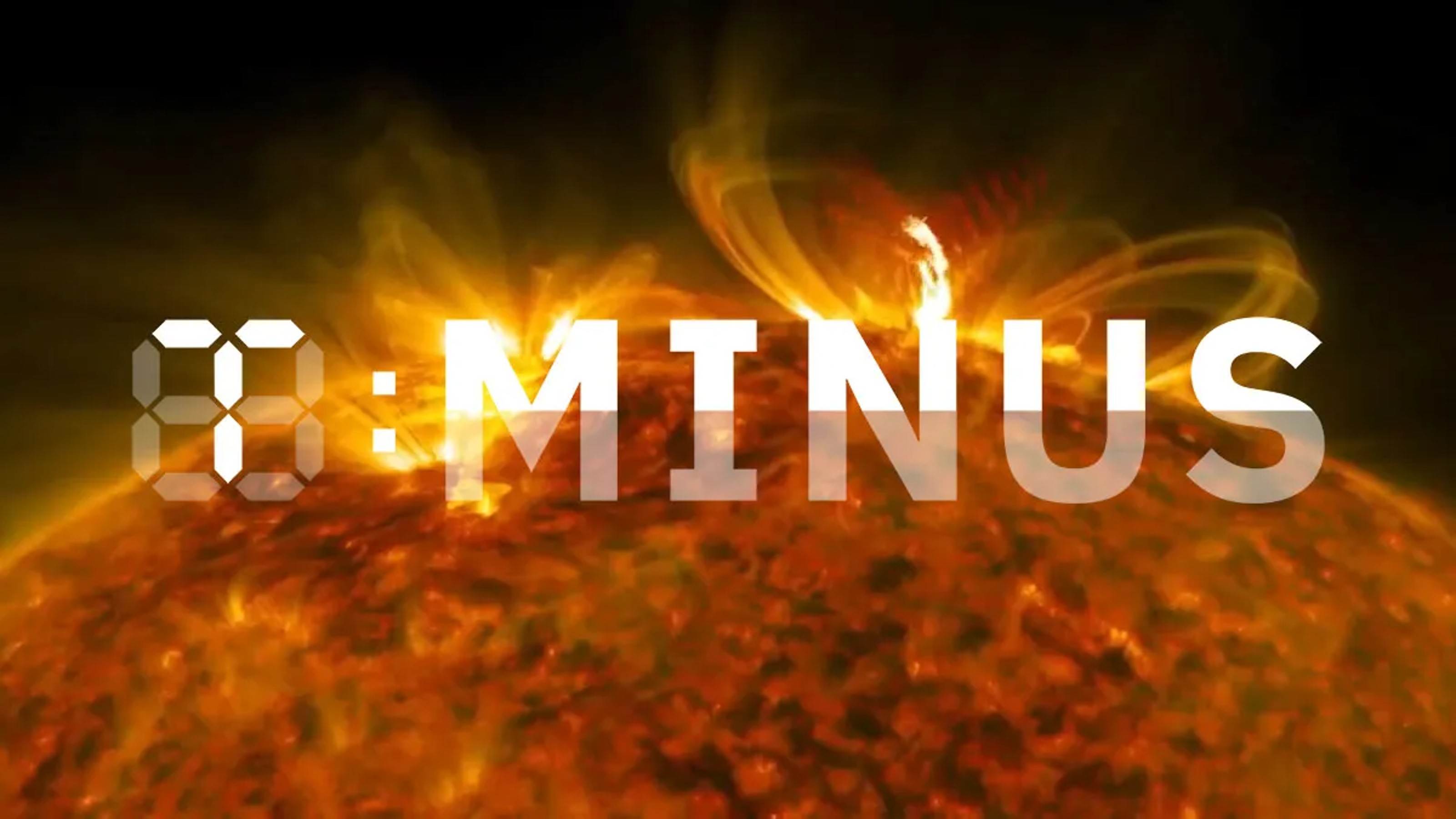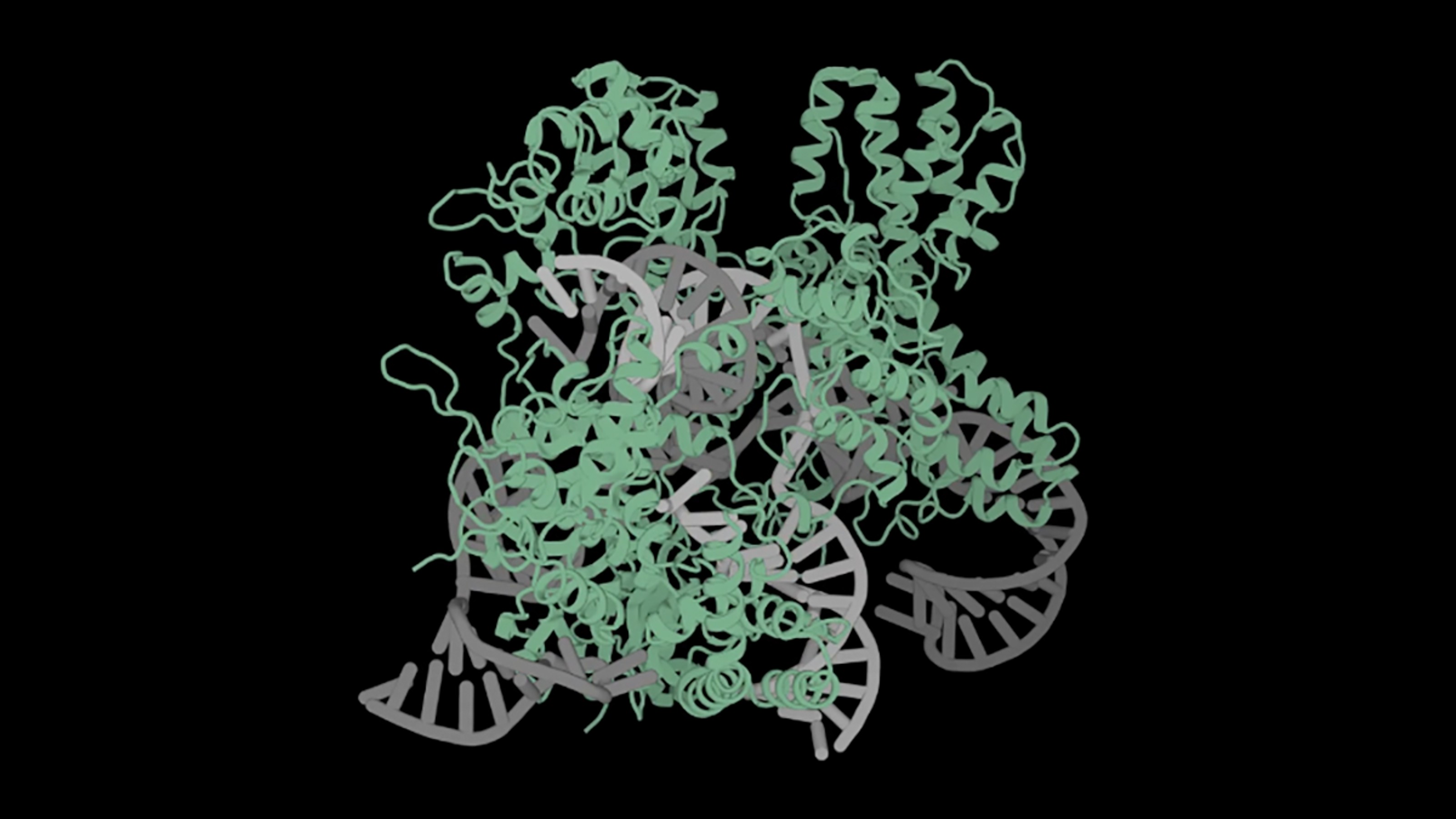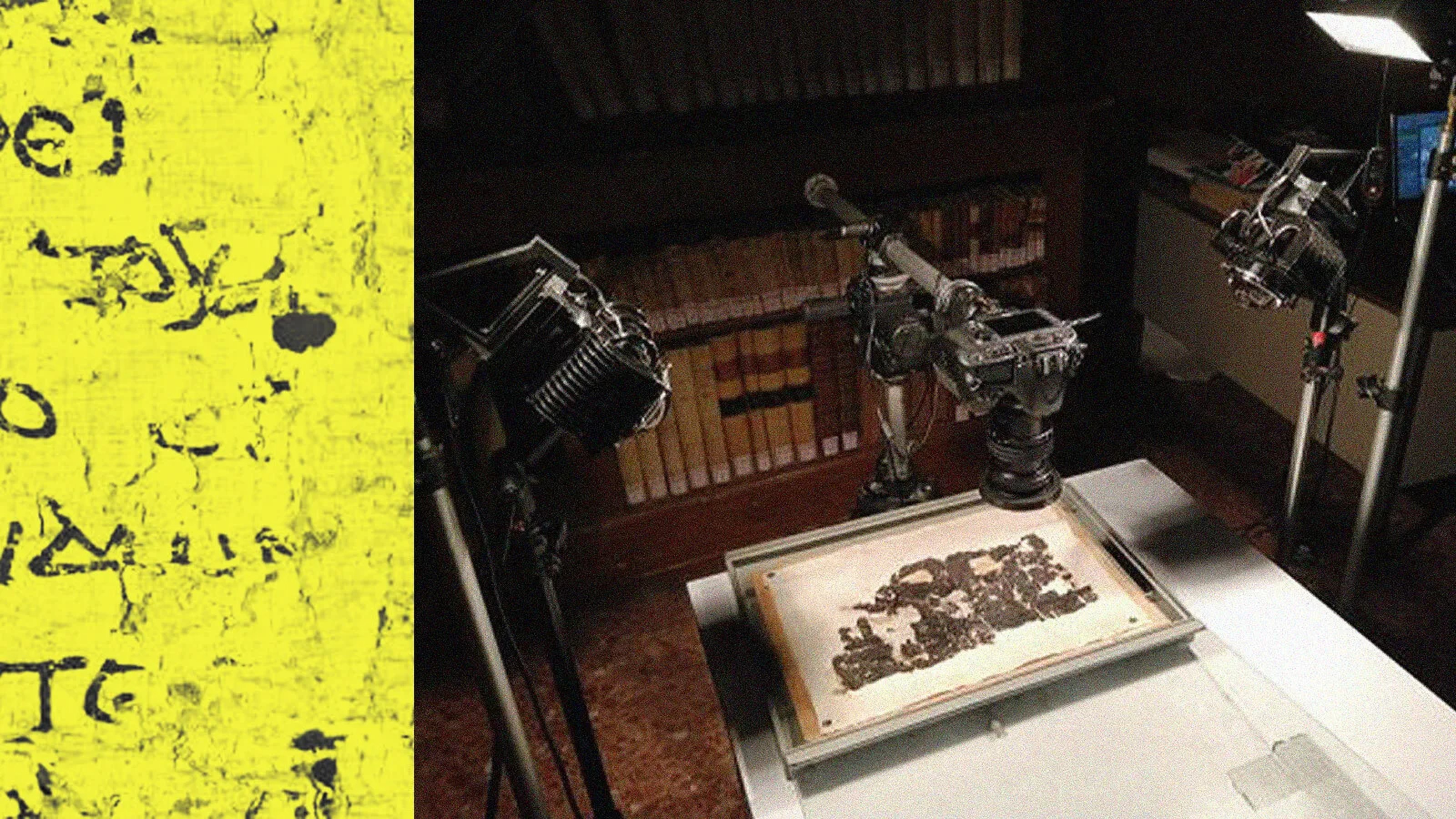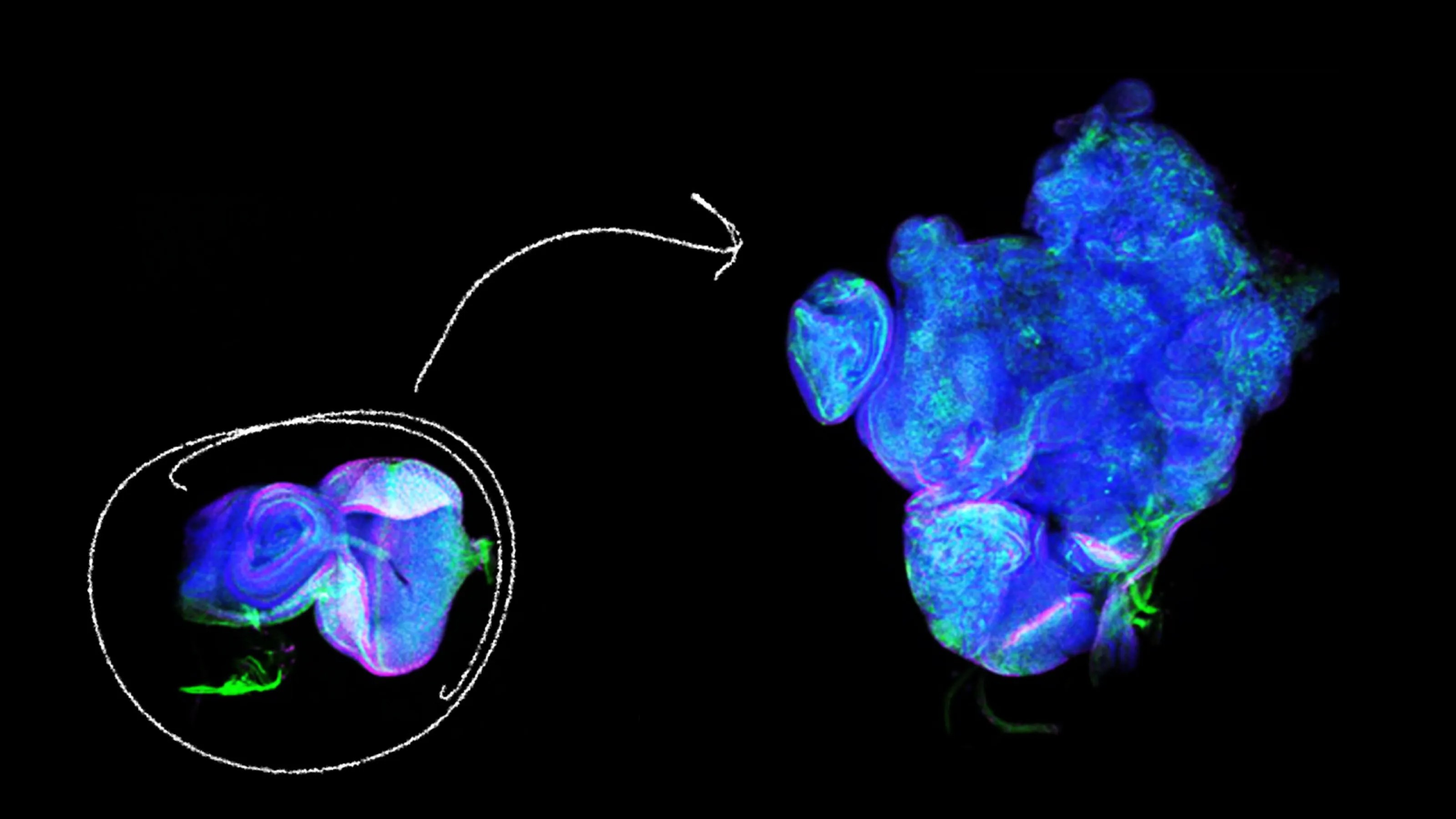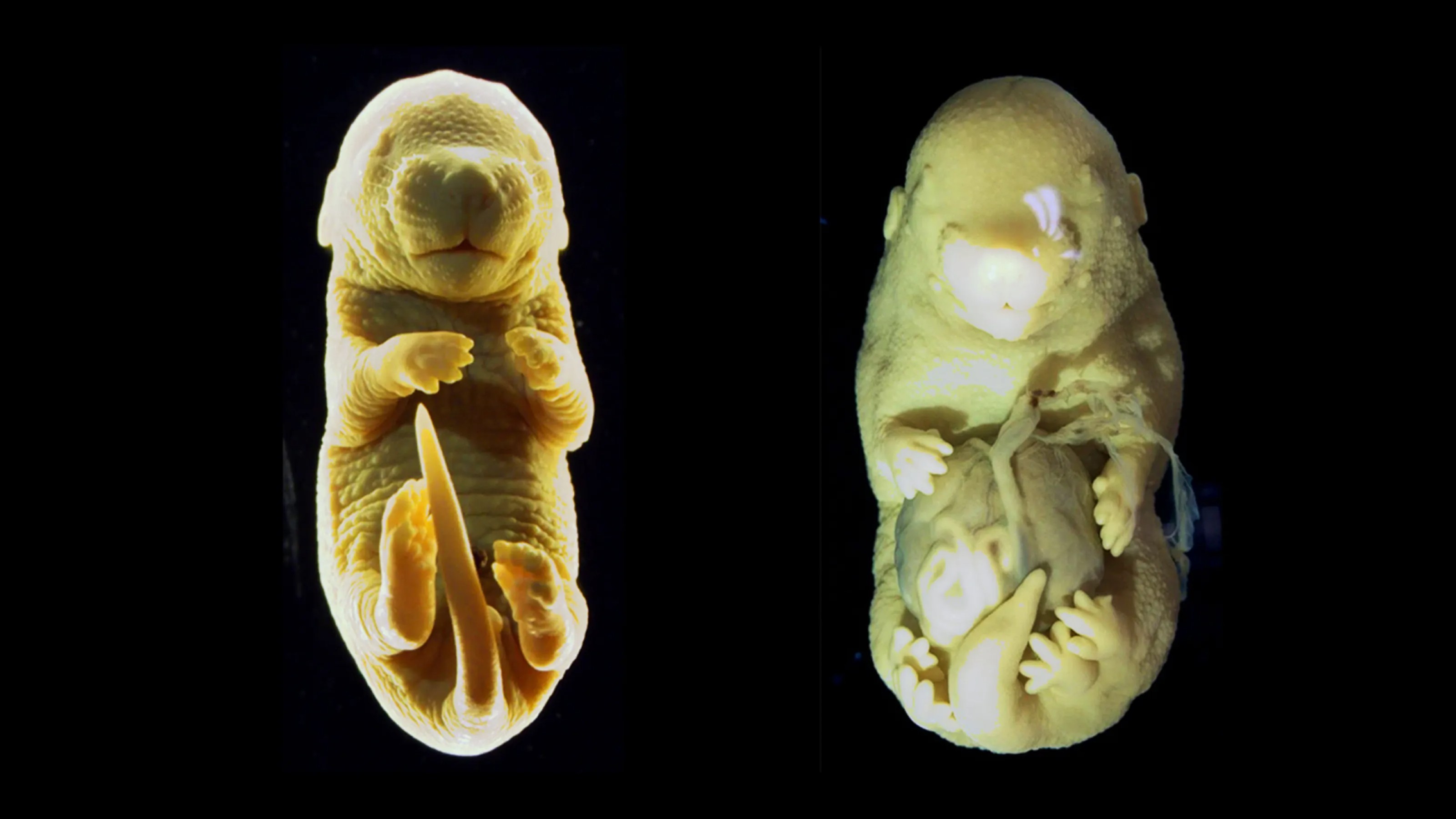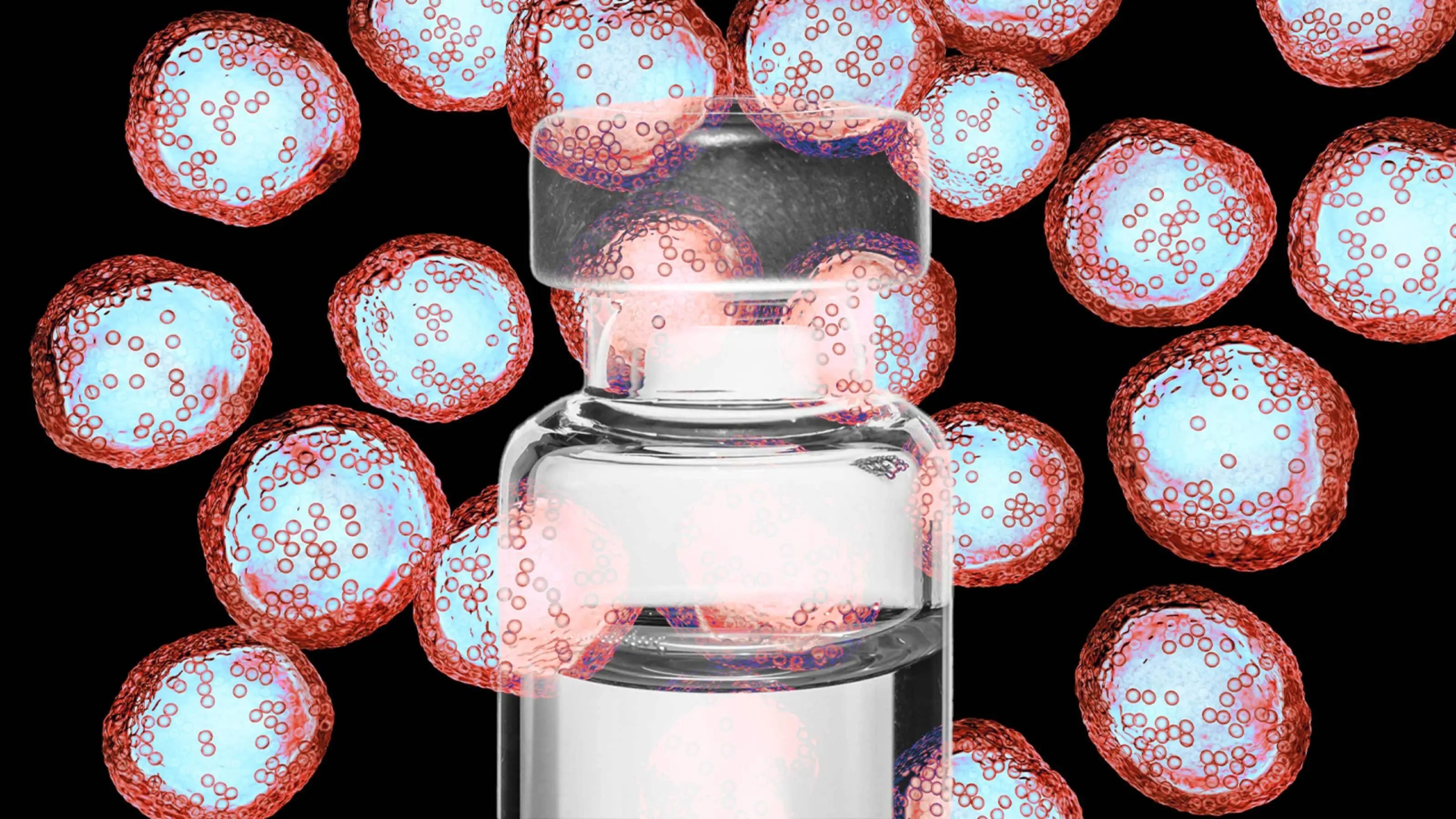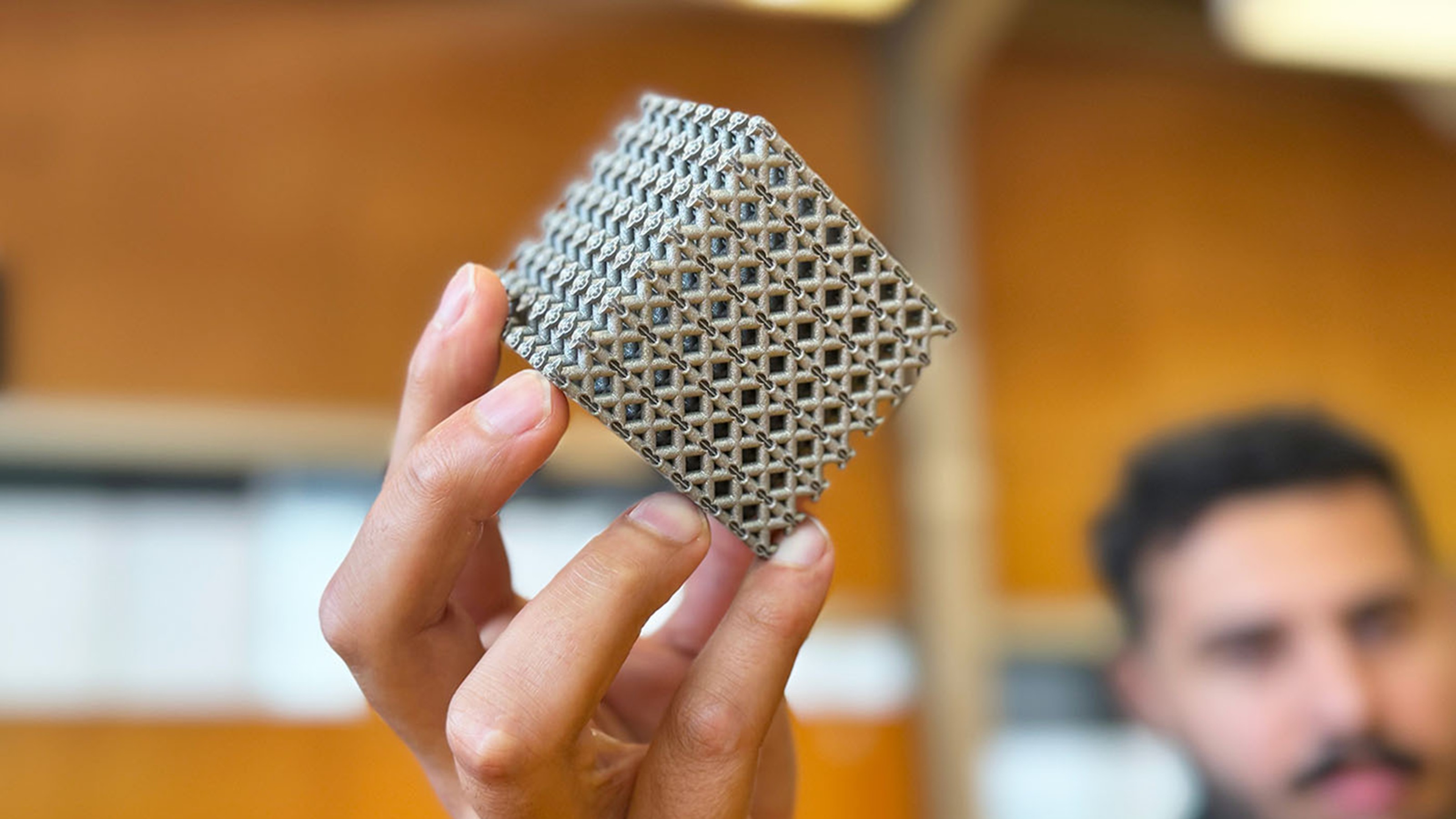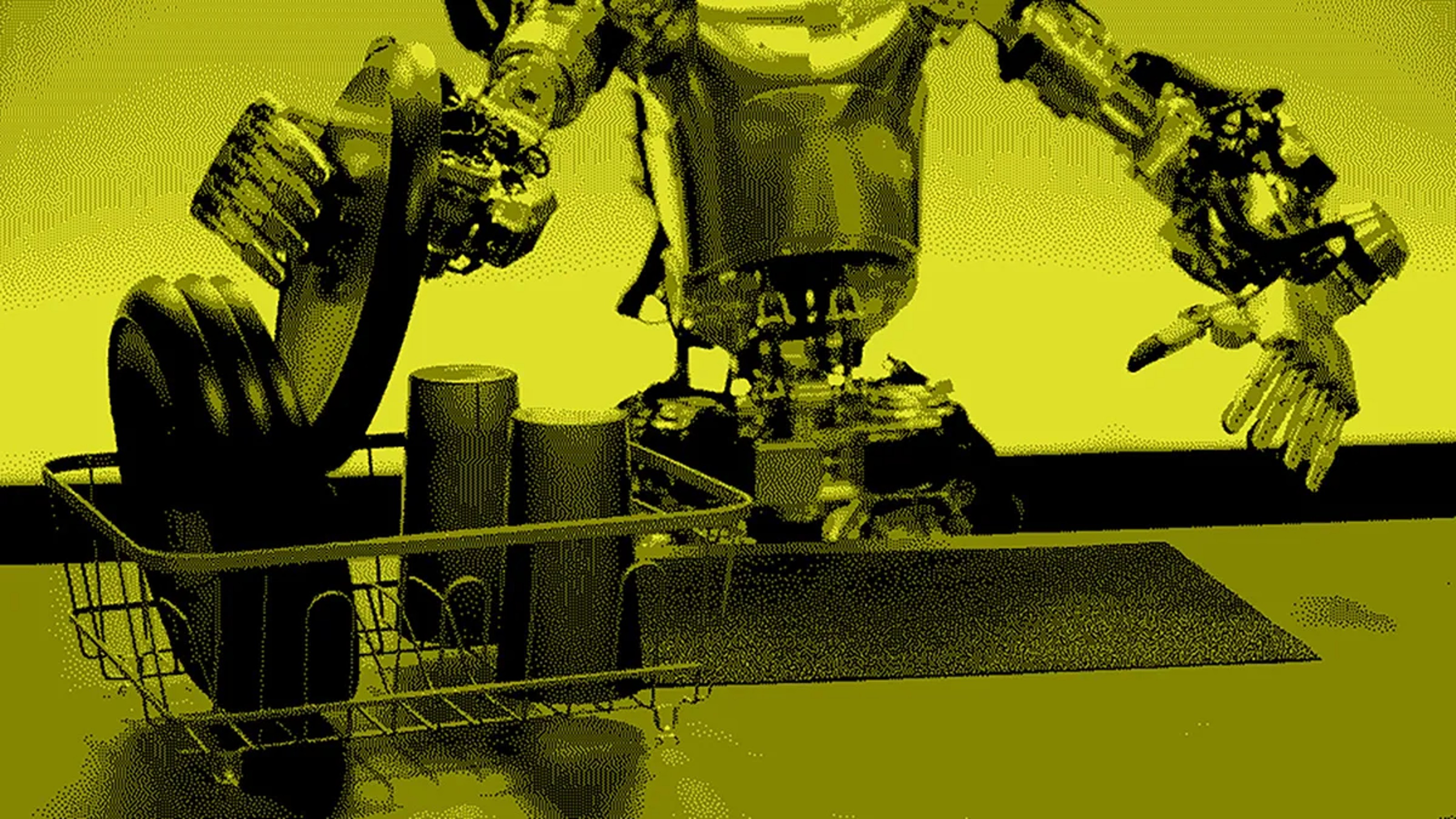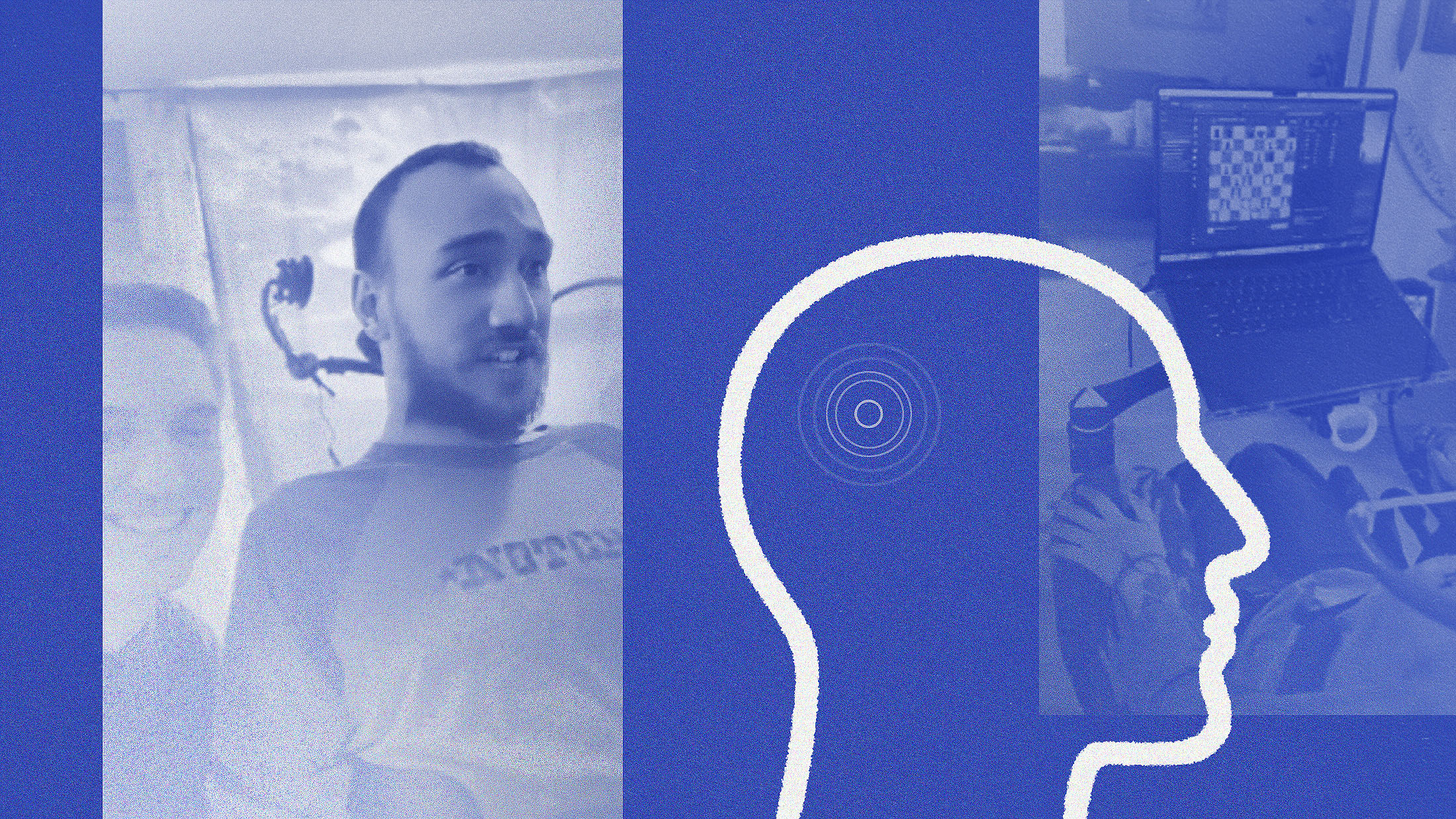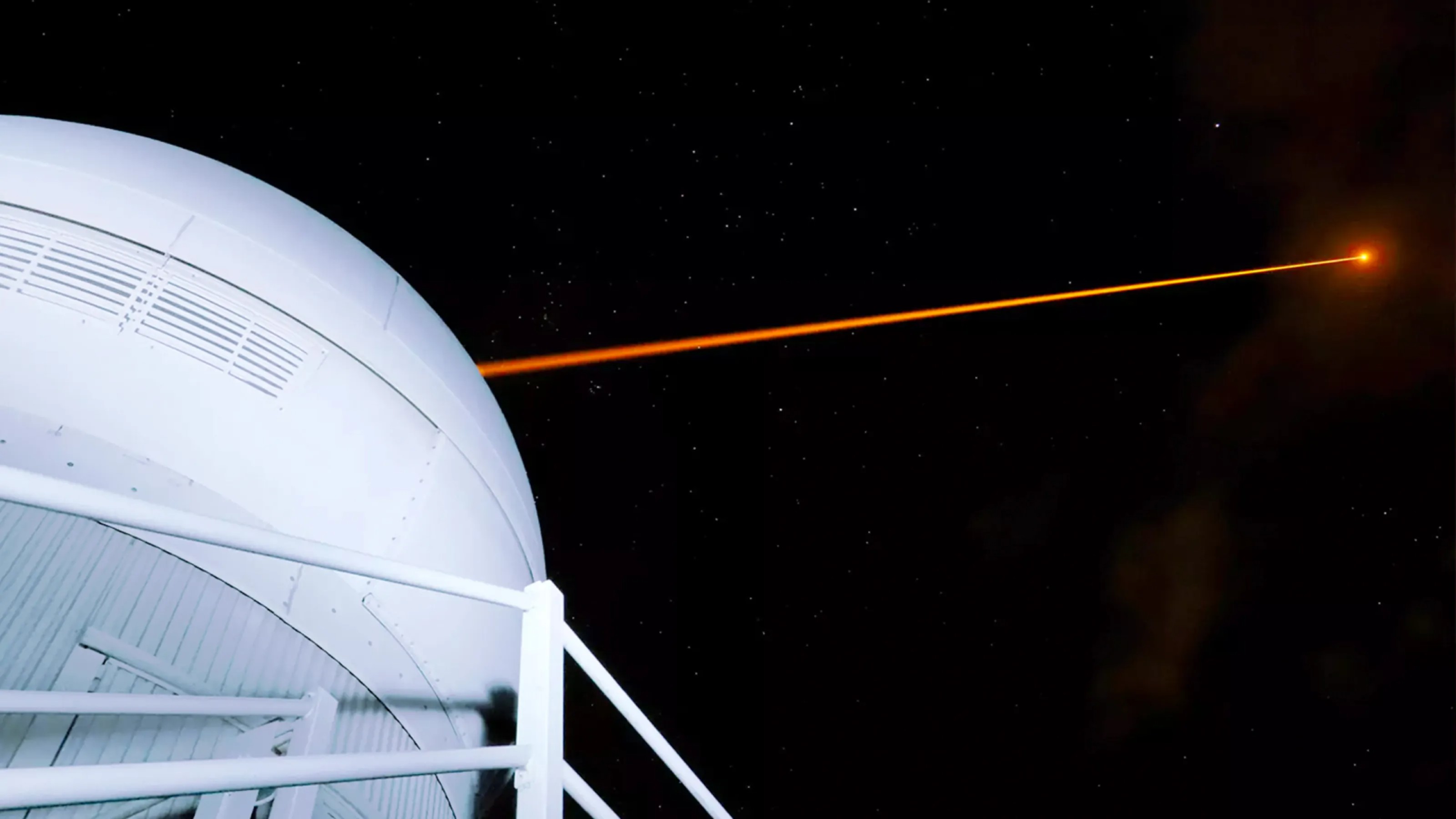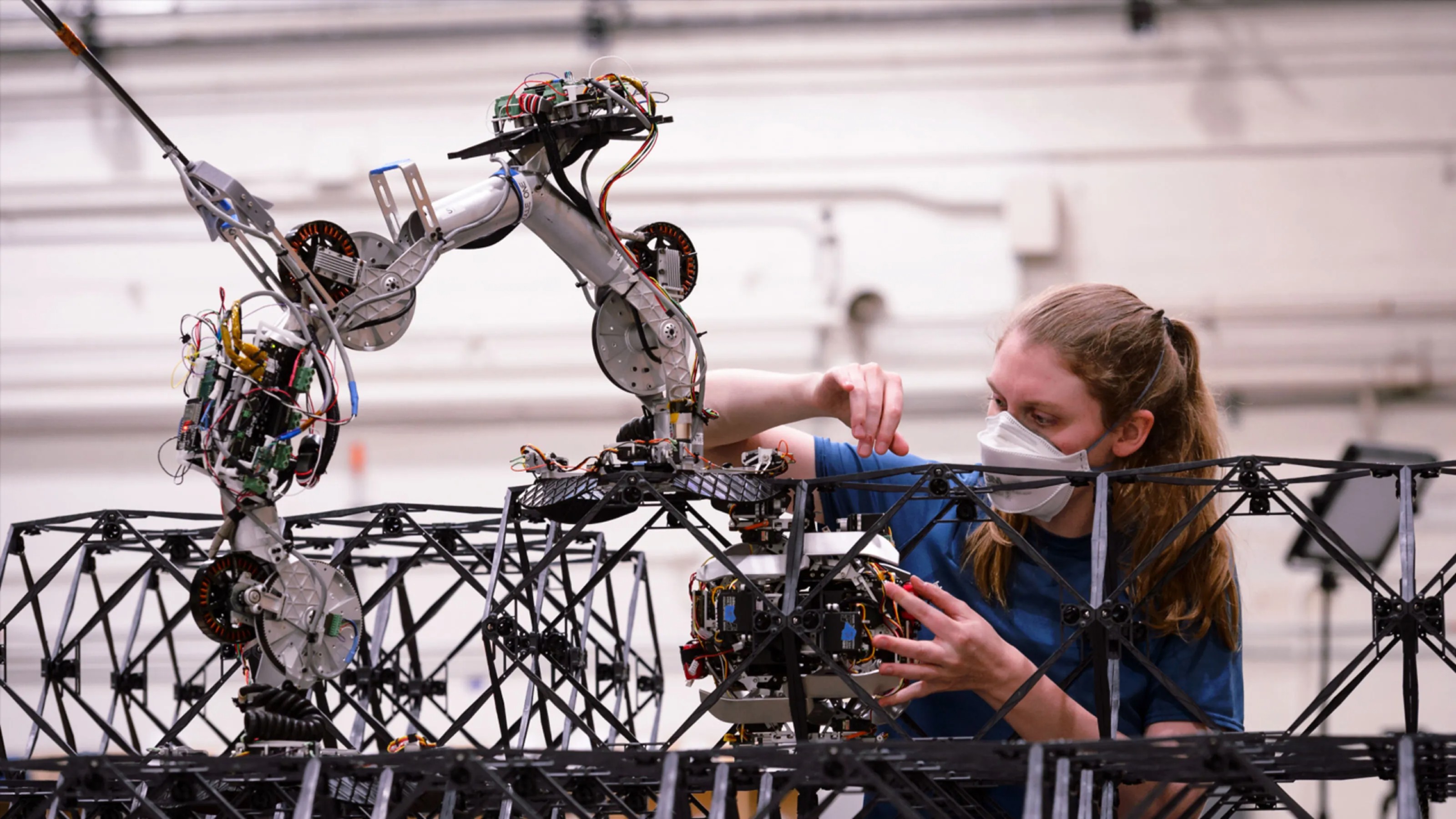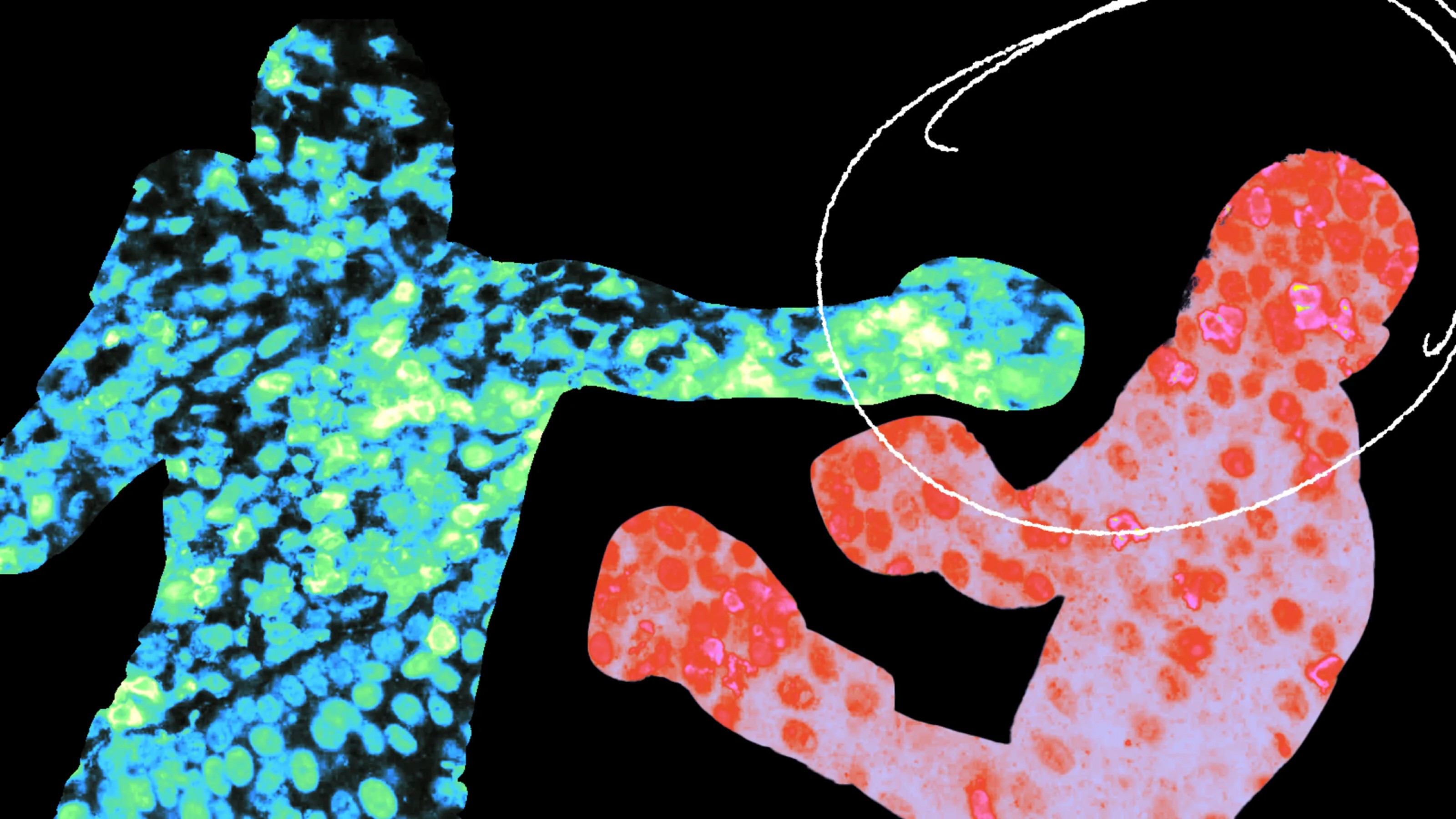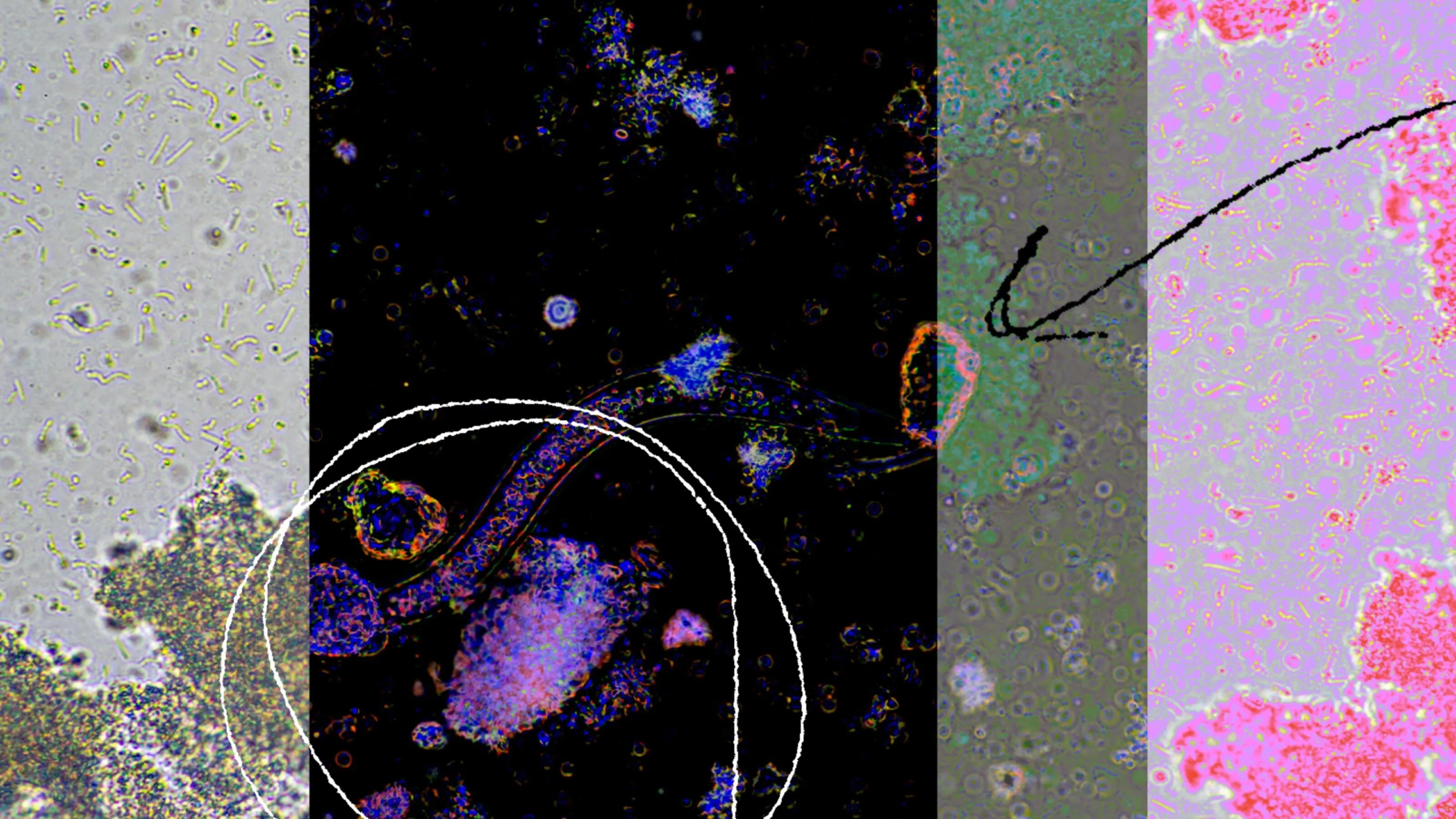Kristin Houser
Kristin Houser is a staff writer at Freethink, where she covers science and tech. Her written work has appeared in Business Insider, NBC News, and the World Economic Forum’s Agenda, among other publications, and Stephen Colbert once talked about a piece on The Late Show, to her delight.
Prior to joining Freethink, Kristin was a staff writer for Futurism and wrote several animated and live action web series.

Can AI-powered “answer engines” replace the 10 blue links model?
Comparing Elon Musk’s Mars rocket to NASA’s new ride.
The military is courting tech startups to help it win the AI arms race.
Smart glasses have flopped before. AI could finally make them mainstream.
Hunger rates are rising. These technologies could turn the tide.
A look back at the rise of solar power in the US and what’s next.
“By 2040, we hope to see a number of new drugs that have been designed with AI reaching patients.”
To know how to protect its astronauts, NASA needs to first understand the threat.
While GLP-1 agonists help people lose weight, different drugs could help them retain muscle at the same time.
Freethink asks three different kinds of experts to answer this question.
The threats Mars astronauts face — and how NASA is working to solve them.
GLP-1 agonists may be able to treat addiction, prevent Alzheimer’s, and more.
Profluent’s new platform is like ChatGPT for genetic technology.
The burial spot was found in one of the Herculaneum scrolls charred by Mt. Vesuvius.
Cancers can’t develop without genetic mutations — or can they?
A study of spinal development took a strange turn and made a surprise discovery.
Astranis is on a mission to help everyone in the world get online.
Vaccines targeting some of our deadliest cancers are showing promise in early trials.
It’s 50% stronger than comparable materials used in aerospace.
“Stargate” could be used to train the world’s most powerful AIs.
We may be on the brink of finally seeing human-level intelligence in an AI — thanks to robots.
More than 90% of ticks that bit treated volunteers were dead within 24 hours.
If you guessed “staying up all night to play video games,” you’d be right.
CRISPR study helps answer a question that has long puzzled scientists.
Tech designed to fuse atoms might be able to clean up space, too.
Former GitHub CEO Nat Friedman just invested $100 million into the company.
NASA gave three robots plans for a moon shelter, and the robots figured out how to build it.
Meta and NYU’s robot can navigate and clean rooms it’s never seen before.
They call it “Judo T-cell therapy,” and it’s 100 times more potent than regular CAR-T cells.
We don’t yet know if these strange “obelisks” are helpful or harmful.

